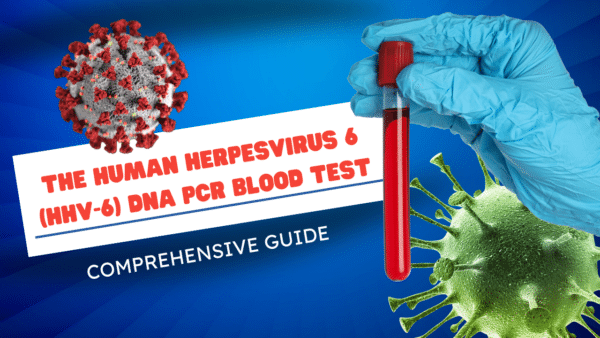Dec. 1, 2010 — Your risk of death rises steadily with every overweight pound you gain, a huge study funded by the National Institutes of Health confirms.
Even if you don’t smoke and are in otherwise good health, your risk of death goes up 31% with every 5-point increase in BMI, a measure of body mass based on weight and height.
Just being a little bit overweight increases death risk. Compared to those with a normal-range BMI of 22.5 to 24.9:
- A BMI of 25.0 to 29.9 increased death risk by 13%
- A BMI of 30.0 to 34.9 increased death risk by 44%
- A BMI of 35.0 to 39.9 increased death risk by 88%
- A BMI of 40.0 to 49.9 increased death risk by 251%
Those figures are for women who do not smoke and who have no underlying disease. The risks are similar for men, note Amy Berrington de Gonzalez, DPhil, of the National Institutes of Health, and colleagues.
“We conclude that for non-Hispanic whites, both overweight and obesity are associated with increased all-cause mortality,” they conclude. “All-cause mortality is generally lowest within the BMI range of 20.0 to 24.9.”
BMI measured before age 50 had the strongest effect on death risk.
Being underweight may also increase death risk, but it’s not clear whether underlying, undetected disease might account for this finding.
The study pooled data from 19 long-term studies that followed 1.46 million white adults for five to 28 years.
The strong statistical significance of the findings suggest that an earlier study of the impact of obesity on death risk — which was scary enough — may have underestimated the problem. That study found that adult obesity cut life expectancy by four years. The new data show that obesity has a much greater effect on life span.
“In our study, there were more than five times as many deaths among participants in the highest obesity categories (BMI of 35-0 to 39.9 and 40.0 to 49.9) than in previous studies, because severe obesity had become more common,” Berrington de Gonzalez and colleagues note.
Smoking and chronic disease have an enormous effect on death risk. To isolate the effects of obesity, the researchers calculated death risk for nonsmokers who reported no underlying disease.
The findings appear in the Dec. 2 issue of the New England Journal of Medicine.

